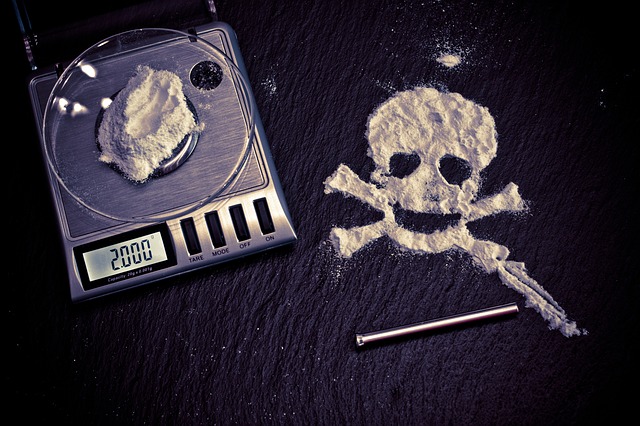
Drug abuse, specifically opioid abuse, is a growing problem in Michigan. Stats show that between 1992 and 2006 the number of people admitted for drug-related health concerns tripled, and the numbers have only grown from there. More and more people are battling drug addictions these days, and when you stop to consider that many of those people are parents, it stands to reason that CPS is going to be involved in a growing number of those cases.
How does parental addiction affect children?
But what exactly does that mean? What does CPS do when they investigate an alleged abuse or neglect situation and discover that one or both of the caregivers has a drug problem. Do they have protocols in place for helping parents in that situation, or do they punish them instead? People ask us these questions on a regular basis, and the truth is, there are a lot of variables that could affect the answer. However, we’d like to explain a few things regarding how CPS handles substance abuse issues during their investigations.
The role of a CPS worker is to protect children
When a parent is battling an addiction, children are often the first to suffer. This can mean going without food and warm clothing because the parent spends their money on drugs. It could also mean not being properly cared for because the parent is too high to meet a child’s basic needs. And in some cases, withdrawals can mean violent outbursts that put children in danger. When a CPS worker encounters signs of drug abuse in a parent, it automatically puts them on high alert, even if there aren’t immediate signs of abuse or neglect.
So what happens when a parent is struggling with addiction?
When CPS opens an investigation into a suspected child abuse or neglect situation, they always look for signs of abuse in caregivers. This could include anything from obvious smells (like marijuana) and needle marks (heroin), to drug paraphernalia (like crack pipes) and physical signs of being high (these can vary widely depending on which drug was taken, and how much a person took at one time.) Once a CPS worker finds signs of drug abuse, their first step in to talk to the family members about the situation, asses how they feel about the way drugs are affecting their lies, and what they would be willing to do about it.
Of course, this doesn’t always happen!
CPS protocols may say that workers should talk to parents, but many find it easier to simply decide the children are in danger from the drug-using parents, and remove them from the home. It may make sense at a glance, but not all addicts are violent, and not all children in homes where the parents use drugs are in danger. However, taking kids away from their parents when it isn’t absolutely necessary does more damage to both children and their parents that leaving them in place and helping their parents get the assistance they need.
Helping people with substance abuse issues is very hard work
Addictions are very serious, and in many cases can be deadly. Addressing addictions is both time consuming and expensive, which means that CPS has very little incentive to do the right thing. Join us next time for a look at the challenges faced in addressing addictions, and the methods CPS uses (often ineffectively) to solve the problem. Until then, if you’ve been contacted by CPS and you’re concerned about having your children taken away, call The Kronzek Firm immediately at 866 766 5245. Our skilled and experienced CPS defense attorneys are here round the clock to help you out.

